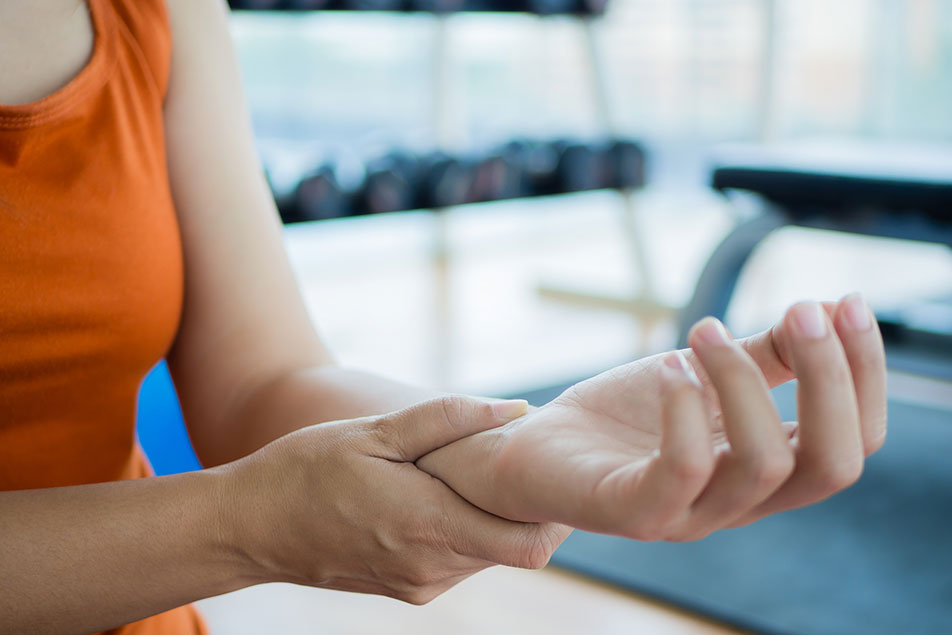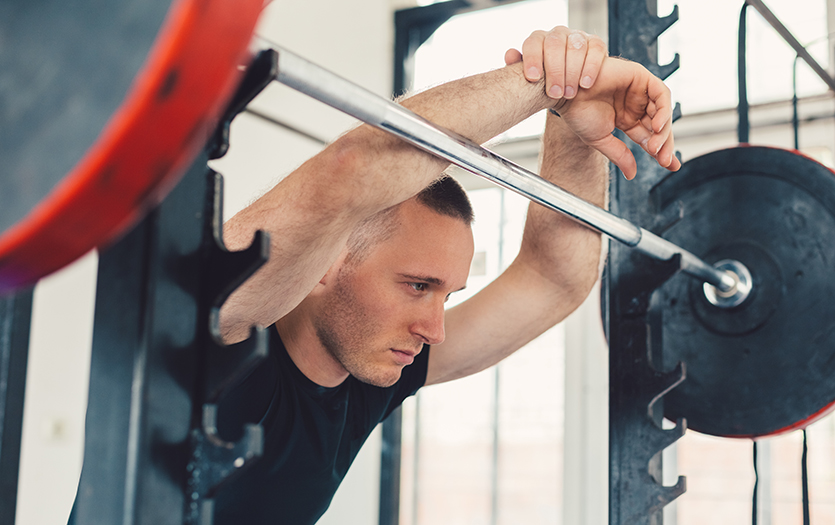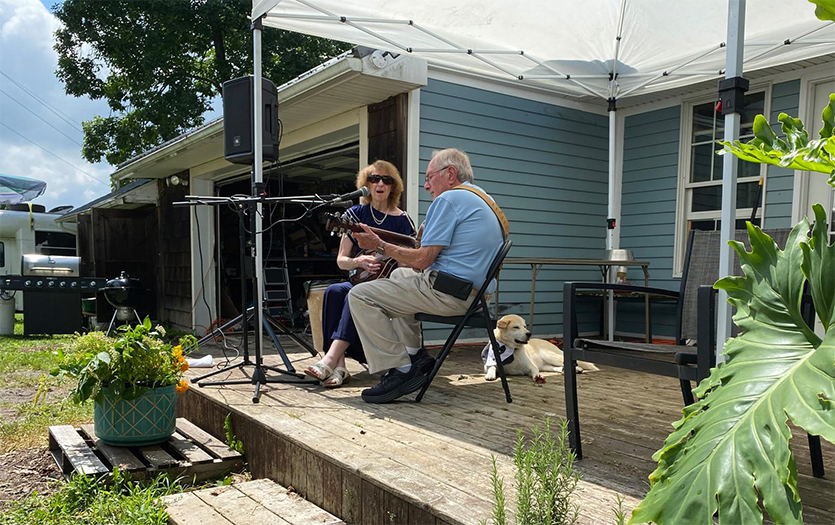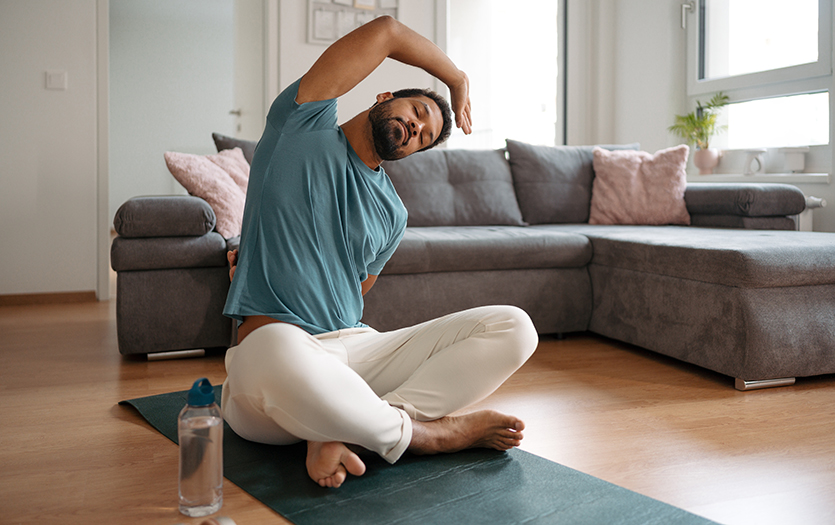
This post was written by Scott Charland, MA, CSCS, SCCC, manager of human performance, Parkview Sports Medicine.
Why do muscles get sore after lifting weights or exercise?
Your muscles often feel sore after exercise because they’ve been exposed to a stress they’re unaccustomed to. This stress can be from structured exercise like a workout but may also be felt after other physically straining events such as gardening, household activities or shoveling snow. The acute muscular stress causes small-scale damage to the muscle fibers, which we normally feel anywhere from 24-72 hours after exercise.
Believe or not, your body doesn’t like to feel sore. That’s why, after intense physical activity, your body begins the process of repairing the muscle damage. The repair process is what increases the strength and thickness of the affected muscle fibers, resulting in our muscles getting stronger. As you continue to exercise at a similar level of intensity, you’ll notice your muscles won’t get as sore.
What are some ways people can prevent lactic acid buildup post-workout?
During exercise, your body uses oxygen to convert glucose into energy. During very intense exercise, there may not be enough oxygen available to complete this process, so the body produces a substance called lactate. Lactate can give your body the energy it needs in the absence of oxygen. When the lactate builds up faster than it can be removed, you feel the unmistakable burning of lactic acid. However, it’s not the actual lactic acid that makes you sore, it’s the muscle damage from the intense physical activity.
Lactic acid buildup after working out can be mitigated by taking your body through a proper cool-down consisting of 5-10 minutes of light aerobic activity. This will allow oxygen to reenter the bloodstream and muscles, which will eliminate the lactic acid. Simply sitting down and stretching after vigorous exercise will not help, as the lactic acid is essentially “stuck” in the muscles.
What are some healthy ways to relieve muscle pain after working out?
The best way to reduce muscle soreness is to prevent it in the first place. Engaging in a properly outlined exercise plan that gradually increases in intensity is always the best idea to prevent excessive soreness.
If soreness does occur, you could try several common relief aids including:
- Anti-inflammatory medicine (aspirin)
- Applying direct heat
- An Epsom salt bath
- Getting a massage
- Wearing compression clothing
One of the best solutions is to participate in some light exercise, like going for a walk, after your workout. Increasing blood flow to those damaged muscles brings oxygen and nutrients to them, which expedites the healing process. The recovery process will be slowed by just sitting on the couch.
Can my diet help reduce muscle soreness pain?
Foods that are naturally anti-inflammatory such as watermelon, cherry juice and pineapple may help alleviate some soreness. Muscles that are properly hydrated don’t suffer the severity of muscle damage that dehydrated muscles do. Think about it, which is easier to tear, a juicy steak or beef jerky?
Amino acids are the building blocks of your muscles. Protein is made up of amino acids, so to repair and rebuild the damage to your muscles after exercise, protein should be consumed.
What to consider before starting a new workout routine
Always start gradually when beginning an exercise program. This means starting at a lower intensity level, shorter length of time and performing exercises that are more natural for your body. Starting with exercises that are totally new leads to more soreness than something your body is “used” to doing. You will be your own best coach. A good rule of thumb: if it feels like you are doing too much, you probably are. National health goals now state you should get 150 minutes of moderate physical activity each week but remember these minutes can be broken up into any number of smaller segments.
Also, all individuals should consult with a certified exercise professional when engaging in a structured exercise program for the first time. A great way to start may be with Parkview Sports Medicine’s new adult fitness classes. Led by certified fitness instructors and Parkview Sports Medicine performance specialists, there are classes for beginners and advanced athletes Monday through Friday at the SportONE/Parkview Fieldhouse. Call 260-266-4007 for more information on the adult fitness class schedule and registration.



